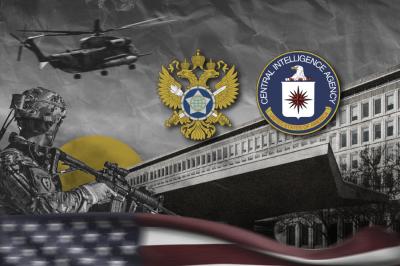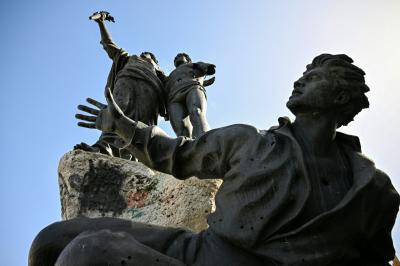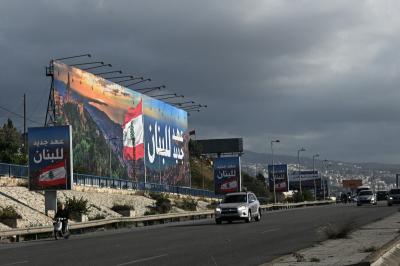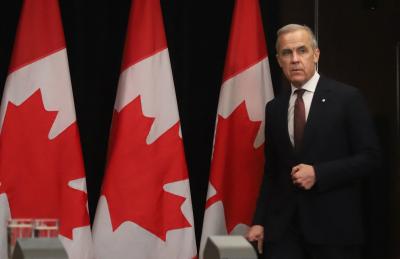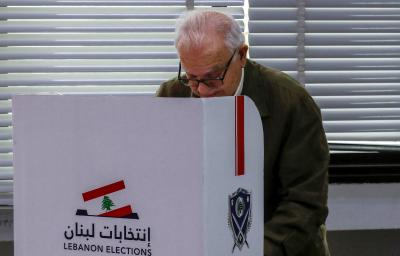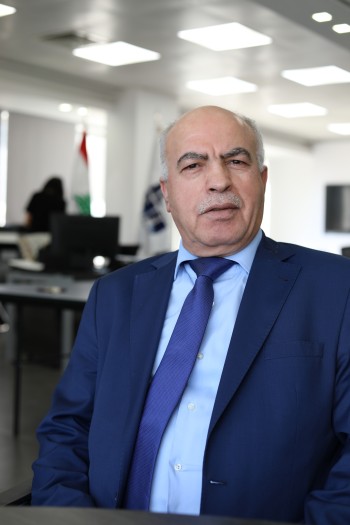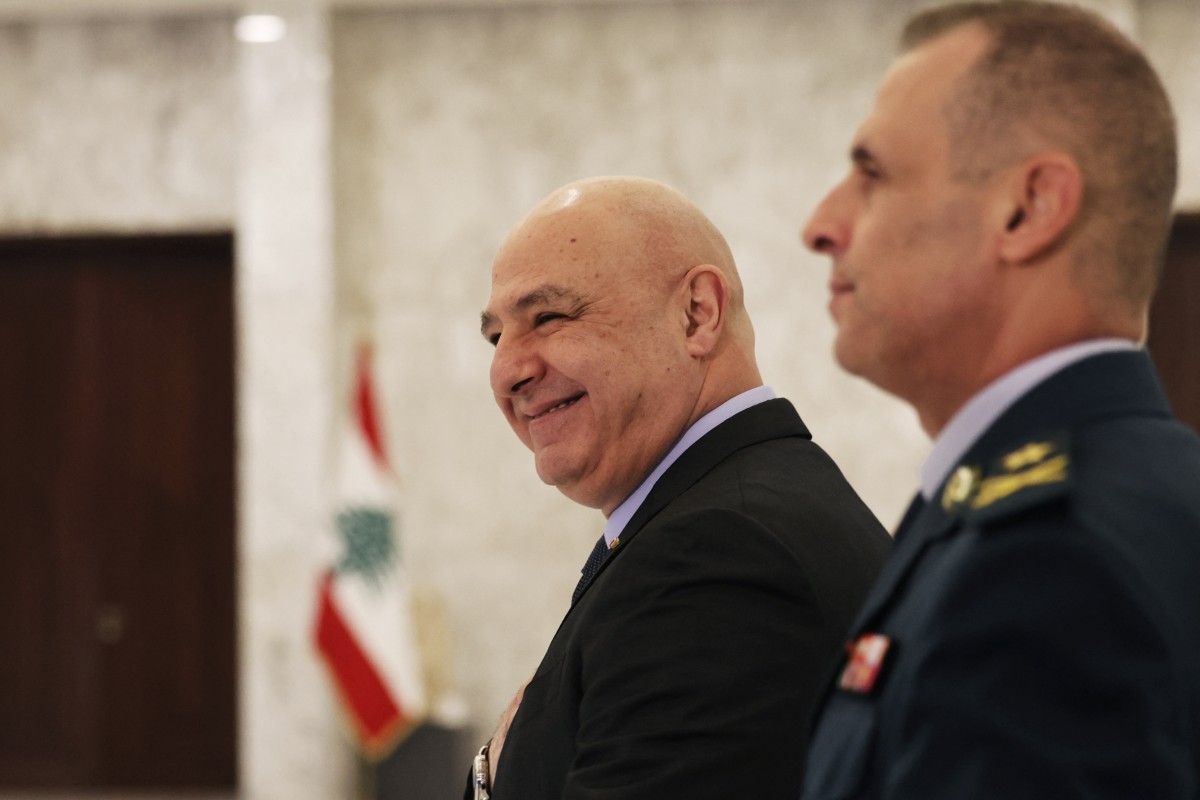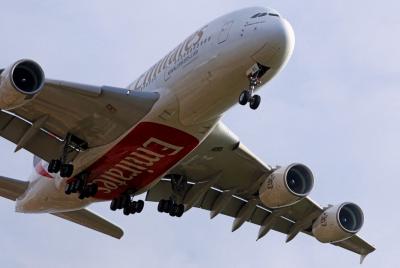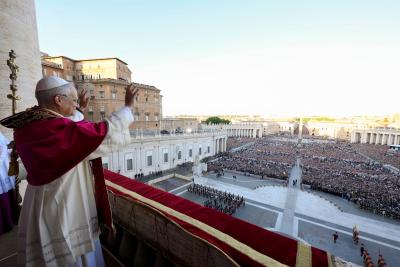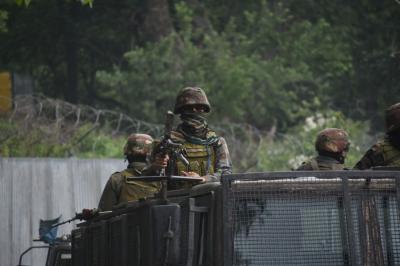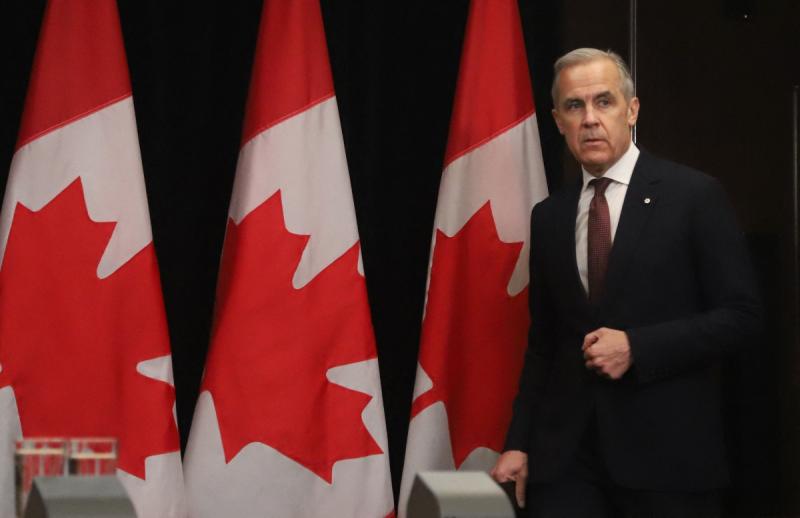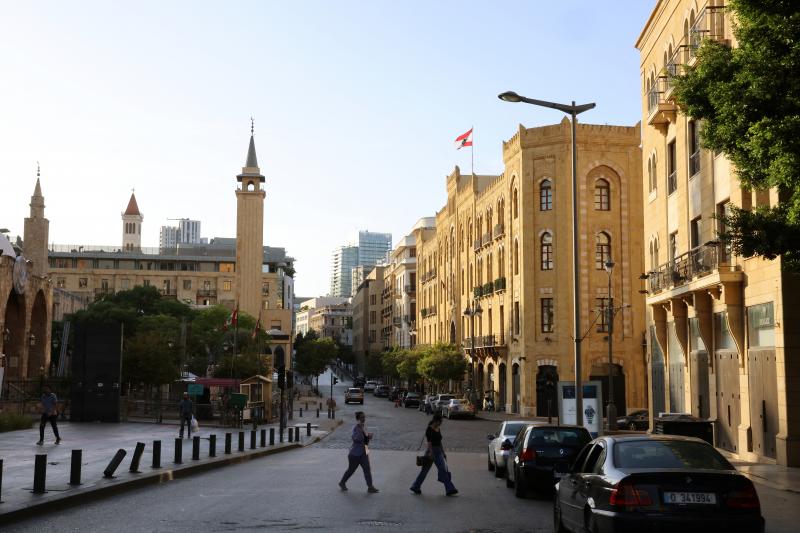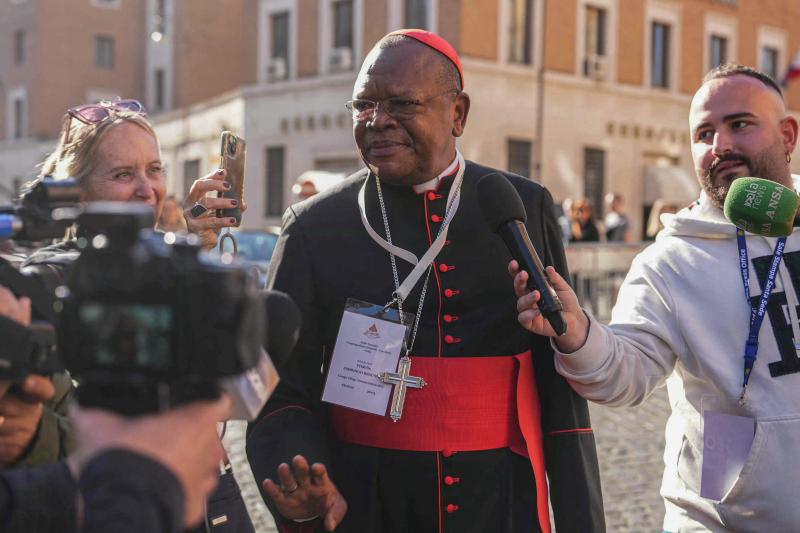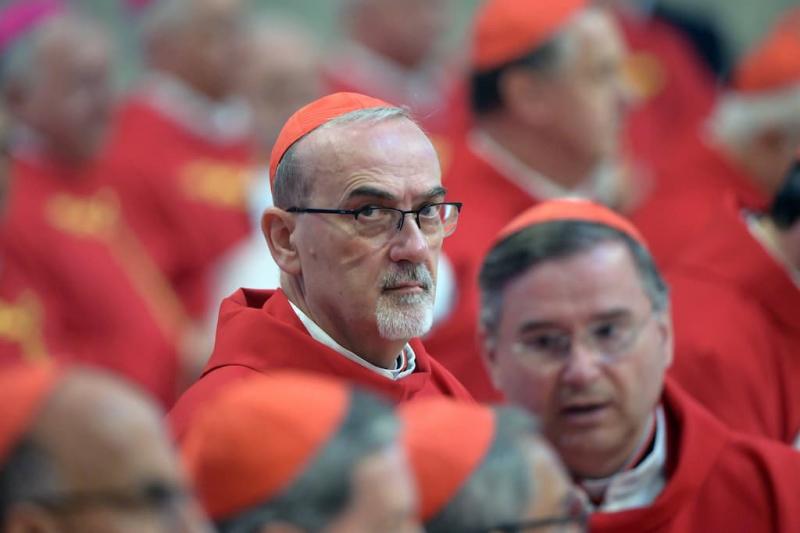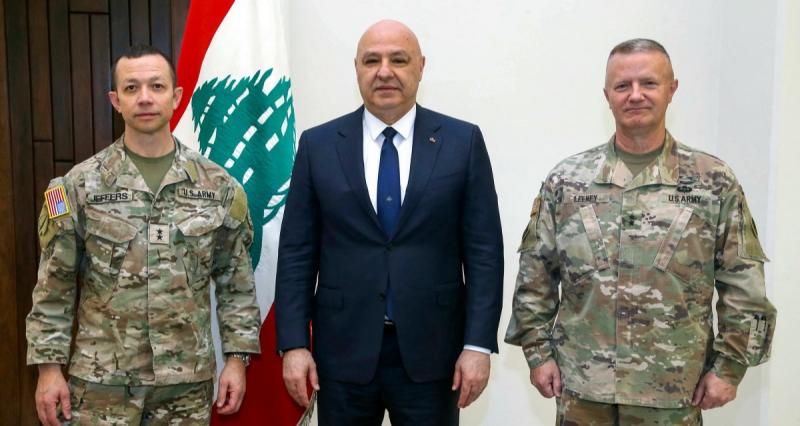It has become undeniably clear, or "legitimately evident" as some would describe it, that no constitutional milestone in Lebanon can be achieved without internal consensus, regardless of the extent of external interventions or pressures. The latest example is the election of Army Commander General Joseph Aoun as President of the Republic. His election would have been nearly impossible without the votes of MPs from the "Shiite duo." Aoun might not have succeeded had another political and parliamentary bloc, other than the "duo," withheld its support.
Experts in Lebanon's electoral dynamics stress that the key lesson to be drawn, both domestically and internationally, from Aoun’s election is that no milestone can be achieved without internal agreement endorsed by external players—not the other way around. Had the reverse been true, the American-Western and Saudi pressures would have secured Aoun’s election without accommodating the "Shiite duo," which could have obstructed the process. The duo, at one point, perceived that others were treating it as "defeated and weakened," with no power or leverage left to influence the presidential race or other key decisions. Some even suggested it could be bypassed entirely, given its perceived loss of influence.
In reality, what facilitated Aoun’s election was Washington and Riyadh’s shared desire to pull Lebanon out of its crisis, coupled with "significant guarantees" provided to the "duo" during the final hours of negotiations preceding the voting session. These discussions occurred at the Saudi ambassador’s residence, where Saudi envoy Prince Yazid bin Farhan was staying.
While neither the U.S. nor Saudi Arabia issued any official statements about these guarantees, sources close to the "duo" revealed that a "meeting between the two voting rounds" played a pivotal role in solidifying these guarantees. This meeting brought together Aoun, the head of the "Loyalty to the Resistance" parliamentary bloc, MP Mohammad Raad, and MP Ali Hassan Khalil, political assistant to Parliament Speaker Nabih Berri. According to a source familiar with the discussions, this meeting concluded with Aoun receiving his first presidential blessing before being elected in the second voting round.
The goal would be to establish sustainable solutions to crises, spanning politics, security, and the economy, and to address the issue of arms within the framework of a "national defense strategy."
According to a well-informed source, the guarantees offered in the context of the negotiations can be summarized as follows:
- First, there is no connection between UN Resolution 1701 and Resolution 1559. The scope of Resolution 1701 is limited to the area south of the Litani River and does not extend beyond it, contrary to Israel’s interpretations.
- Second, recognition of the "Shiite duo’s" authority and role in the government formation process, whether the government is political or technocratic, while taking into account their stance on the Finance Ministry portfolio.
- Third, ensuring Arab and international funding and donations for the reconstruction of what was destroyed by Israeli aggression.
A source involved in the negotiations that led to the presidential milestone stated that the ball is now in the president’s court. It is up to him to fully capitalize on this momentum and launch a rescue plan focused entirely on reviving the country from the abyss it has fallen into.
This requires forming an effective government that adheres to the reformist and recovery-oriented framework outlined in the "inaugural speech." These proposals are realistic, urgent, and tailored to the current crisis. The president stands to benefit from unprecedented serious Arab and international support, as the region undergoes transformations that Lebanon must meet with resilience, leveraging opportunities while avoiding pitfalls.
Information suggests that once the government is formed and gains Parliament's confidence, the president intends to call for a comprehensive national dialogue. The goal would be to establish sustainable solutions to crises, spanning politics, security, and the economy, and to address the issue of arms within the framework of a "national defense strategy."
The "Shiite duo" reportedly assured stakeholders of its willingness to engage constructively in this dialogue, emphasizing that its base "loves life as much as any other Lebanese community." President Aoun, in his solemn oath, pledged to "respect the Constitution of the Lebanese Republic and its laws, preserve the independence of the nation, and safeguard its territorial integrity." He committed to discussing a comprehensive defense strategy encompassing diplomatic, economic, and military dimensions to enable Lebanon to end Israeli occupation and deter aggression.
The president also declared his intent to implement a rotation of senior state positions, restructure the public administration, and reaffirm the state’s exclusive right to bear arms. This rotation is a core principle of the Taif Accord and the Constitution, which mandates that no administration should be monopolized by a specific sect or group (Article 95 of the Constitution).
What set Aoun’s inaugural speech apart from those of his predecessors was his explicit commitment to the Taif Accord, which has been enshrined in the Constitution. He vowed to serve as "the foremost guardian of the National Pact and the Reconciliation Document," promising to exercise his presidential powers fully as a fair arbitrator among institutions.** Unlike some of his predecessors, he pledged not to demand a share of the Cabinet, which would compromise his neutrality and lead to confrontations with political factions. This approach reflects a deliberate effort to learn from past mistakes, as he emphasized "changing Lebanon’s political performance," beginning with his actions to align with the new era ushered in by his election.
Observers familiar with the speech’s context believe it lays the groundwork for a government that, regardless of being labeled a "national unity government," "national consensus government," or "technocratic government," will exclude only those who voluntarily choose not to participate. Any disagreements should not undermine national consensus, as Lebanon’s diversity should be a source of strength, not division.
Those involved in drafting the 1989 Taif Accord reaffirm that it requires governments to be based on national consensus, even if they take on a technocratic appearance. Executive powers, once concentrated in the presidency, are now collectively vested in the Council of Ministers, ensuring inclusivity in decision-making across Lebanon’s political and sectarian spectrum.
In his oath, President Aoun reaffirmed his commitment to exercising his presidential powers fully, acting as an impartial arbitrator as mandated by the Taif Accord. The Constitution designates the president as "the head of state, symbol of national unity, and commander-in-chief of the armed forces, which are subject to the authority of the Council of Ministers," and as "head of the Supreme Council for National Defense."
President Aoun described the "new phase in Lebanon’s history," marked by internal cohesion across sectarian and political lines and by strengthened external relations. Domestically, he emphasized, "Lebanon, with its deep historical roots, is characterized by courage and adaptability. Despite our differences, in times of crisis, we unite. If one of us falls, we all fall." Externally, he declared, "It is time to leverage Lebanon’s external relations for mutual benefit, not to rely on foreign powers to strengthen internal divisions."
Through these declarations, Aoun delivered a clear message to the Lebanese and the world: No faction in Lebanon can eliminate another, nor can any rely on external forces—no matter who they are—to dominate or marginalize others. This reality has been repeatedly proven throughout Lebanon’s history, from independence to the present day. Were it otherwise, a single color or party would have dominated Lebanon long ago.
Indeed, Lebanon has entered a new chapter with Aoun’s election, and the rest is yet to unfold.
 Politics
Politics
